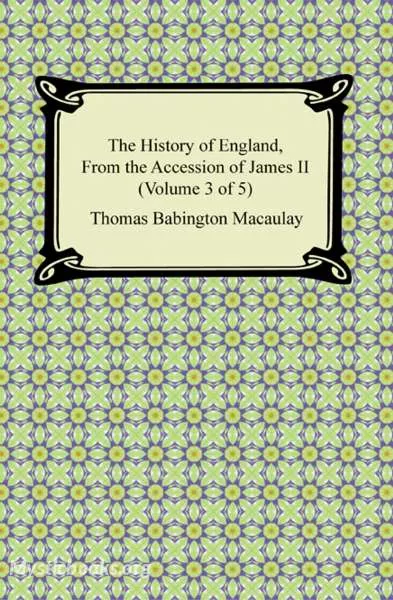
The History of England, from the Accession of James II - (Volume 3, Chapter 16)
'The History of England, from the Accession of James II - (Volume 3, Chapter 16)' Summary
Macaulay's approach to writing the History was innovative for his period. He consciously fused the picturesque, dramatic style of classical historians such as Thucydides and Tacitus with the learned and factual approach of his 18th-century precursors such as Hume, following the plan laid out in his own 1828 "Essay on History".
The History is famous for its brilliant ringing prose and for its confident, sometimes dogmatic, emphasis on a progressive model of British history. According to this view, England threw off superstition, autocracy and confusion to create a balanced constitution and a forward-looking culture combined with freedom of belief and expression. This model of human progress has been called the Whig interpretation of history.
Book Details
Language
EnglishOriginal Language
EnglishPublished In
1848Authors
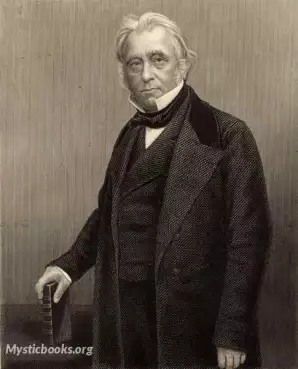
Thomas Babington Macaulay
England
Thomas Babington Macaulay, 1st Baron Macaulay was a British historian and Whig politician. He is considered primarily responsible for introducing the Western education system in India. He wrote extens...
Books by Thomas Babington MacaulayDownload eBooks
Listen/Download Audiobook
- Select Speed
Related books
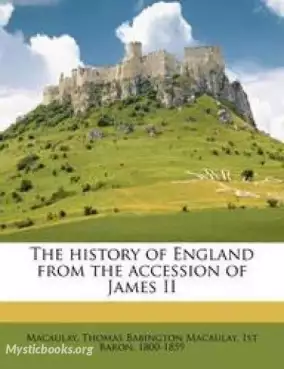
The History of England, from the Accession of James II - (Volume 4, Chapter 22) by Thomas Babington Macaulay
The History of England from the Accession of James the Second (1848) is the full title of the five-volume work by Lord Macaulay (1800–1859) more gener...

Convivio by Dante Alighieri
The *Convivio* (The Banquet) is an unfinished work by Dante Alighieri, written around 1304-1307. It's a collection of four treatises, each featuring a...
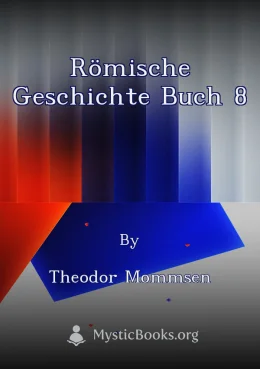
Römische Geschichte Buch 8 by Theodor Mommsen
The eighth and final volume of Theodor Mommsen's monumental history of ancient Rome, covering the period from Caesar to Diocletian. It explores the po...
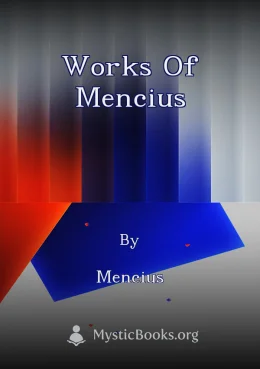
Works of Mencius by Mencius
The *Works of Mencius*, a foundational text in Chinese philosophy, presents the teachings of Mencius (372-289 BC), a prominent figure in the Confucian...
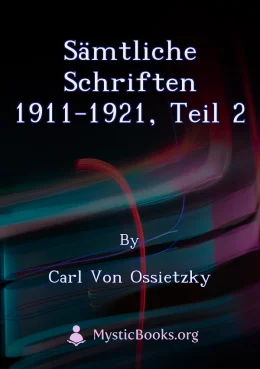
Sämtliche Schriften 1911-1921, Teil 2 by Carl von Ossietzky
This book is a collection of articles written by Carl von Ossietzky, a German journalist, pacifist, and Nobel Peace Prize laureate. The articles were...

Homo sapiens - Romantrilogie by Stanisław Przybyszewski
Die Romantrilogie „Homo Sapiens“ von Stanisław Przybyszewski folgt den vielfältigen Beziehungen des Schriftstellers Erik Falk im 19. Jahrhundert. Durc...
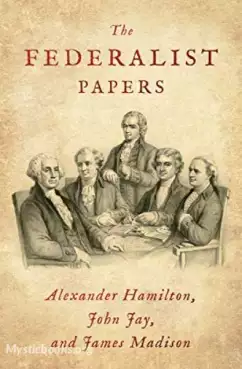
The Federalist Papers by Alexander Hamilton
In order to promote the ratification of the United States Constitution in the late 1780s, Alexander Hamilton, James Madison and John Hay wrote a serie...
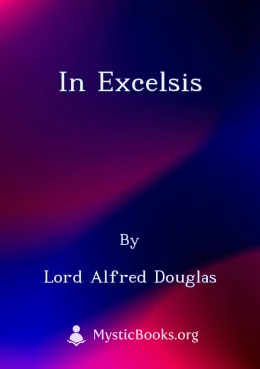
In Excelsis by Lord Alfred Douglas
In Excelsis is a collection of sonnets written by Lord Alfred Douglas during his six-month imprisonment at Wormwood Scrubs. The poems are spiritual in...
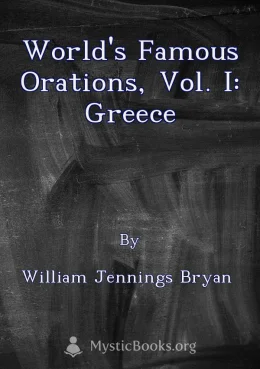
World's Famous Orations, Vol. I: Greece by William Jennings Bryan
This volume, the first in a ten-volume collection, delves into the world of ancient Greece through its most famous orations. Compiled by William Jenn...

Final Report of the Senate Select Committee on Presidential Campaign Activities (Watergate Report), Volume 1 by Senate Select Committee on Presidential Campaign Activi
The "Final Report of the Senate Select Committee on Presidential Campaign Activities (Watergate Report), Volume 1" details the findings of the Senate'...
Reviews for The History of England, from the Accession of James II - (Volume 3, Chapter 16)
No reviews posted or approved, yet...